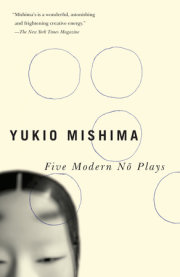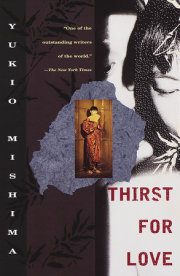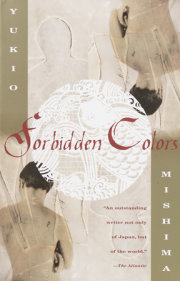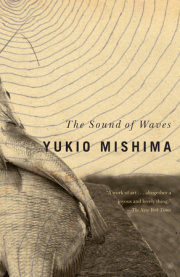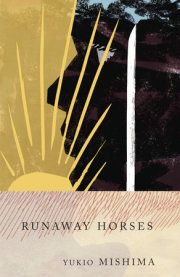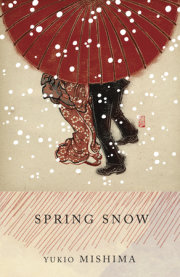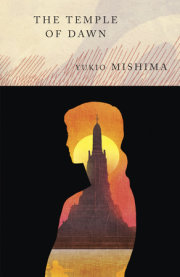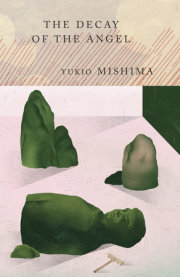Books for Universal Human Rights Month
For Universal Human Rights Month in December, we are sharing a collection of books that educate on the importance of the fundamental rights and freedoms of all people. Find the full collection of titles here.

For Universal Human Rights Month in December, we are sharing a collection of books that educate on the importance of the fundamental rights and freedoms of all people. Find the full collection of titles here.
Get the latest news on all things Higher Education.
Learn about our books, authors, teacher events, and more!
Our mission is to foster a universal passion for reading by partnering with authors to help create stories and communicate ideas that inform, entertain, and inspire.
/


























































































